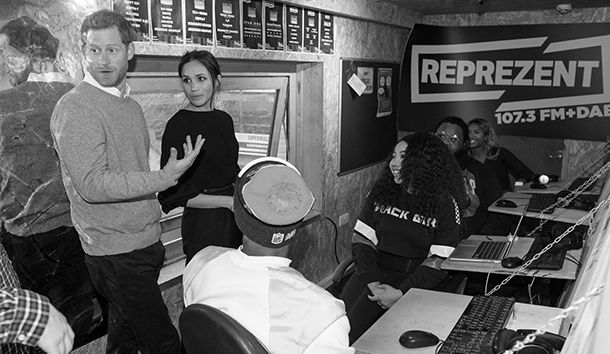In a television appearance on January 7, President Emmanuel Macron of France, rather than addressing his compatriots exclusively, directed his remarks to his “fellow citizens of the E.U.,” saying, “2018 is a very special year, and I will need you this year.”
Macron, a former investment banker and cabinet minister in the Socialist government of François Hollande, after founding his centrist party En Marche! in 2016, proceeded to win the presidential election the next year following the collapse of the established parties of the center-right and left, and the Front National.
Having taken 66.1 percent of the vote, Macron has proved in office to be apparently more than many of his supporters had bargained for. He has been accused of having a Napoleonic complex, has said himself that he wishes to rule like a Roman god, and recently remarked that his thinking is “too complex” to be grasped by the simple-minded members of the Fourth Estate. In some ways, he is attempting to govern as a Gaullist, holding court at Versailles, challenging the unions and the established body of labor law, and adapting something of Marine Le Pen’s immigration policy by breaking up migrant camps and communities, and expelling their inhabitants. Last year, he traveled to Africa, where he complained that the natives breed too prolifically and explained why France cannot—and will not—accept everyone who wishes to emigrate there. And he has made clear his intention that France should, must, and will be a dominant power in Europe—or rather, the European Union, and in close collaboration with the Continent’s other major power, Germany.
It is beginning to appear that Macron wishes to be at once Jupiter, the new Sun King, and Napoleon IV embodied in a single person. For his vanity and overbearing behavior in the Élysée Palace, he was punished by a spectacular decline in the polls from which he has since rebounded—from 30 percent to 50-54 percent in the approval ratings—owing in part to a popular perception that he intends to defend the interests of France internationally. Almost in the same breath, Macron made his appeal (to his countrymen, as well as his fellow continentals) specific: “I need,” he said, “for us not to give way on anything, neither to nationalists nor to the [Euro]sceptics.”
Given the man’s renewed popularity in La belle France, one wonders: What do the French really want? A M. le Président on the order of De Gaulle? A king to rule over them, as the ancient people of Israel wished to have? An emperor like Napoleon? Or a Lord High Bureaucrat sitting in Brussels?
Early in January, the New York Times printed an article titled “What’s the Cure for Ailing Nations? More Kings and Queens, Monarchists Say.” The hook for the story is Count Nikolai Tolstoy—a distant relative of the Russian novelist’s, leader of the International Monarchist League, and resident of Oxford—whose defense of monarchy as he laid it out for the Times is essentially Bagehot’s in the mid-19th century. This was not the first occasion on which the paper’s editors have recurred to Tolstoy and his views, usually with a degree of condescension. This year their handling of the subject had a more serious tone, as the reporter noted the rise in the numbers of monarchical governments around the world since 1900, and also the tendency of monarchies toward greater political stability and economic prosperity than those enjoyed by countries living under other systems of government.
Not coincidently, perhaps, the engagement of Prince Henry of Wales to Ms. Meghan Markle of Hollywood has given rise in the British press to stories about the extent to which the old aristocracy is increasingly merging itself through marriage with superrich commoners and celebrities from around the world. Since a large majority of people from the latter two categories are very probably liberal as well, this gives liberals (such as those who write, edit, and read the New York Times) good reason to support new aristocracies that could only be headed up by new monarchies drawn from this new, and increasingly hereditary, elite.
In the changing social, economic, and political circumstances of the 21st century, it seems reasonable to suppose that liberals in future will embrace monarchical principles over “populist”-democratic ones at every conceivable opportunity.

Leave a Reply